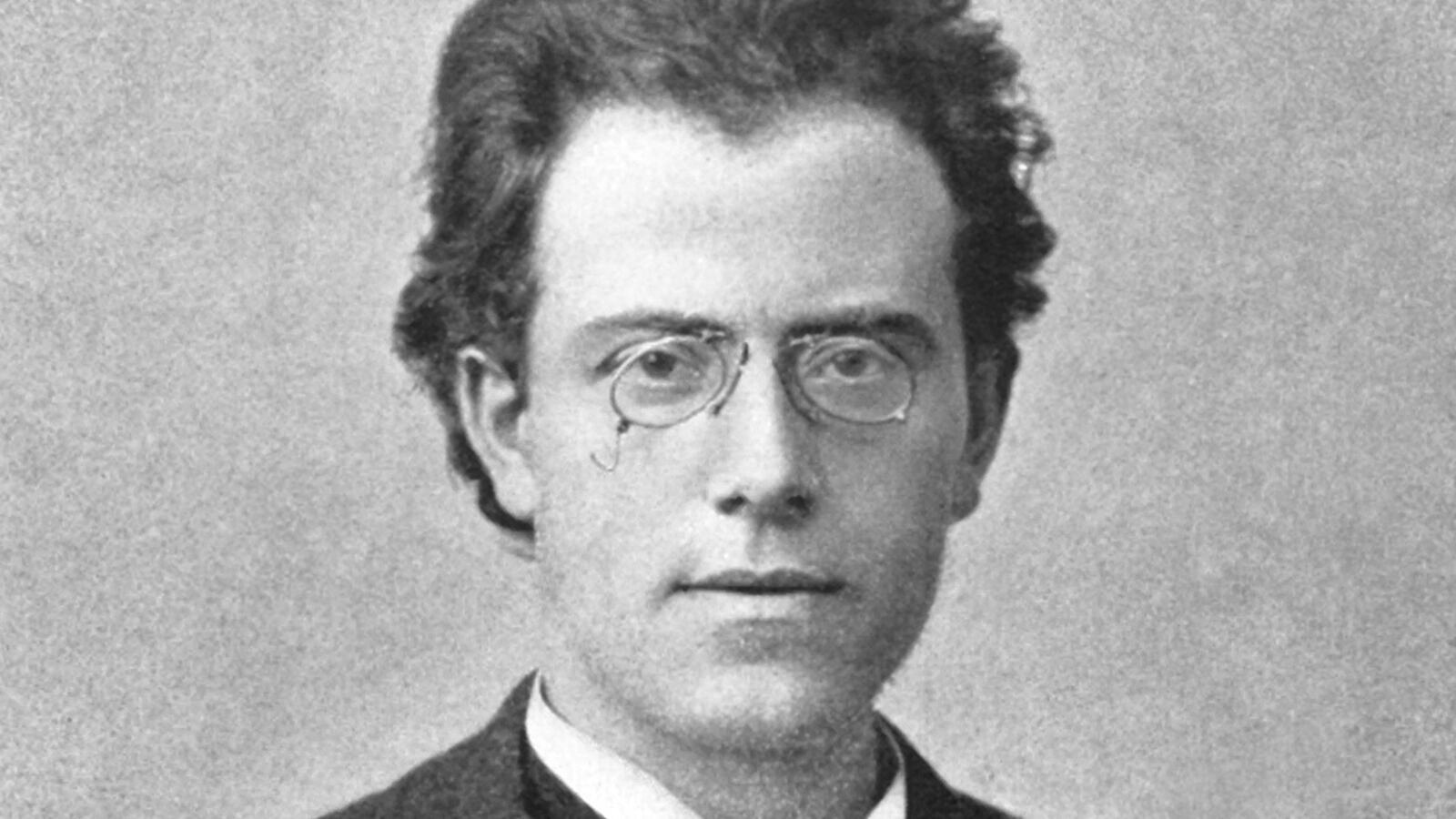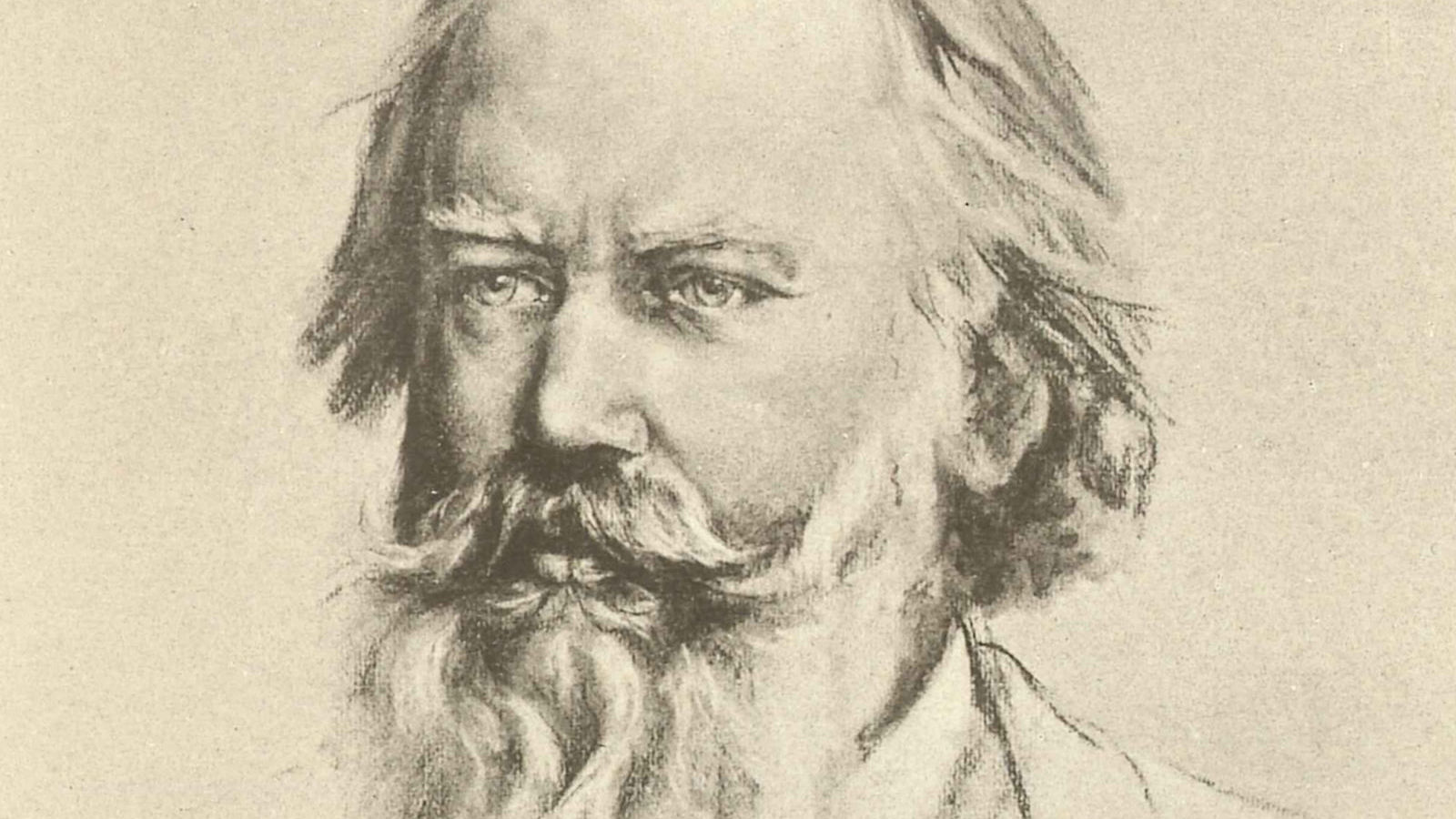Tchaikovsky’s “Un poco di Chopin”: A Mysterious Homage
Pyotr Ilyich Tchaikovsky seems to have had a strangely conflicted opinion of the music of Frédéric Chopin. There are accounts of the young Tchaikovsky, nine at the time of the great Polish composer’s death in 1849, giving a spectacular performance of two Chopin mazurkas as a child. In the 1860s, Nikolay Kashkin observed that Tchaikovsky “did not particularly like Chopin, as he found in him a certain sickliness of expression, as well as …







